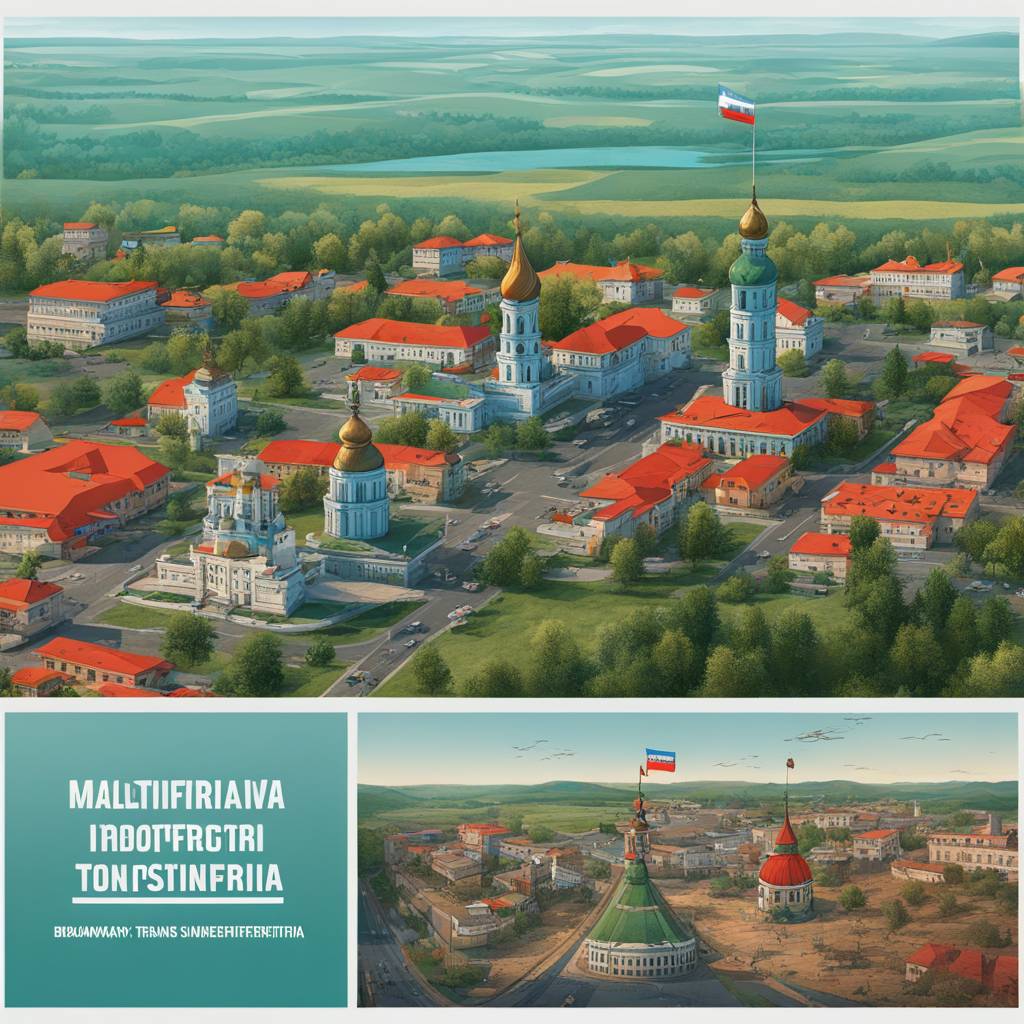Since Russia’s invasion of Ukraine two years ago, concerns have arisen in Moldova that they could also be at risk of attack. Like Ukraine, Moldova is a former Soviet republic that aligns itself with the West and hopes to join the European Union. This has led to tensions with the pro-Russian breakaway territory of Transnistria, which has become a source of tension due to its location between Moldova and Ukraine, as well as its support for Moscow.
Transnistria, with a majority Russian-speaking population, has seen various incidents that have drawn comparisons to the separatist movement in eastern Ukraine. These include explosions, political assassinations, and alleged drone strikes. Moldova has accused Russia of planning more actions to destabilize the region, though the Kremlin denies involvement. Despite this, Moscow recently opened polling stations in Transnistria for its presidential election, leading to the expulsion of a Russian diplomat by Moldova.
Moldova’s foreign minister has acknowledged the threat posed by Russia and the challenges faced by the country amid the war next door. An energy crisis, inflation, and anti-government protests by pro-Russia factions have added to the turmoil. The government believes that Russia is waging a “hybrid war” against Moldova, using funding, meddling, and disinformation campaigns to undermine its EU aspirations.
The recent incident involving a helicopter in Transnistria raised concerns, with authorities blaming Ukraine. Moldova denied any attack took place and accused Russia of trying to sow fear and panic in the region. The incident occurred during Russia’s presidential election, adding to the tensions. Despite these challenges, Moldova remains committed to a peaceful settlement and hopes that the EU integration process will make reintegration with Transnistria more attractive.
It remains uncertain if the “frozen conflict” in Transnistria could be resolved anytime soon. Scholars are skeptical that reintegration into Moldova could occur by 2030, when Moldova hopes to join the EU. The deep-seated distrust and political tensions on both sides make resolution difficult. However, Moldova is determined to work towards a peaceful settlement, with a focus on economic incentives to encourage Transnistria to engage in the reintegration process. The struggle between economic interests and pro-Russian factions in the region continues as Moldova navigates its path towards EU membership while managing its relationship with Transnistria.


